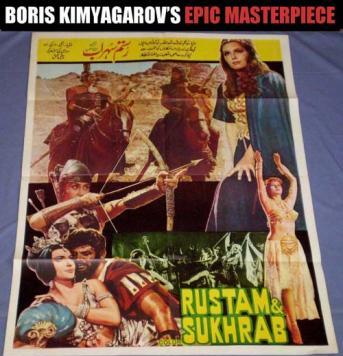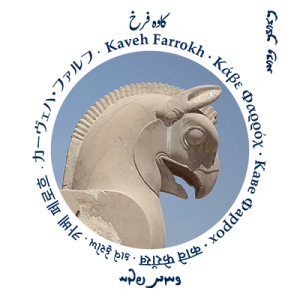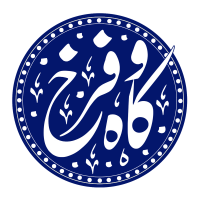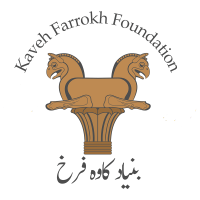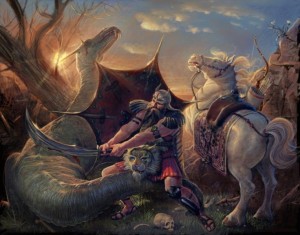
Rustam slays the dragon. The tales of Rustam (the “Hercules of Persia”) are narrated in the Shahname epic written in the post-Islamic era after the fall of the Sassanian Empire. Known as the “Illiad of Persia”, the Shahname has preserved much of Iran’s ancient pre-Islamic heritage.
The following report was given by Richard Orange in the London-based Telegraph on June 3, 2011:
Tajik President warns parents of dangers of ‘scary names’
Below is a Persian translation by the Balatarin.com website of excerpts of the Telegraph report:
رئيس جمهور تاجيكستان از مردم كشورش خواست تا نام هاي كودكان نورسيده شان را از شاهنامه فردوسي برگزينند و از انتخاب نام هاي عربي، تركي و نامهايي كه پسوند و پيشوند “گرگ” دارند بپرهيزند تا ازين طريق به فرهنگ نياكان پارسي خود اداي احترام كنند. رئيس جمهور تاجيكستان نام فرزندان خودش را از شاهنامه برگزيده است و نام پسر او “رستم” نام دارد. اين در حالي است كه 21 ژوئيه قانوني به پيشنهاد رئيس جمهور تاجيكستان در مجلس تاجيكستان به تصويب رسيد كه نام گذاري عربي و غير پارسي را در اين كشور ممنوع مي كند.
For more information on this in Persian see the following report:
تاجیکستان،نامگذاری کودکان،امام علی رحمان،شاهنامه
Tajikestan has also produced epic movies from the Shahname Legends -kindly click on the 1971 movie poster below to see the movie (segmented in 10 parts):
Readers are also introduced to the works of Master composer Loris Tjeknavorian (click his photo below at left) and the DVD production of the Rustam-Sohrab epic by the Dabiri Foundation (click on photo of the director of the foundation, Dr. Ali Dabiri below at right).

